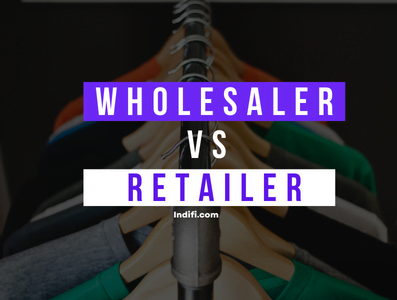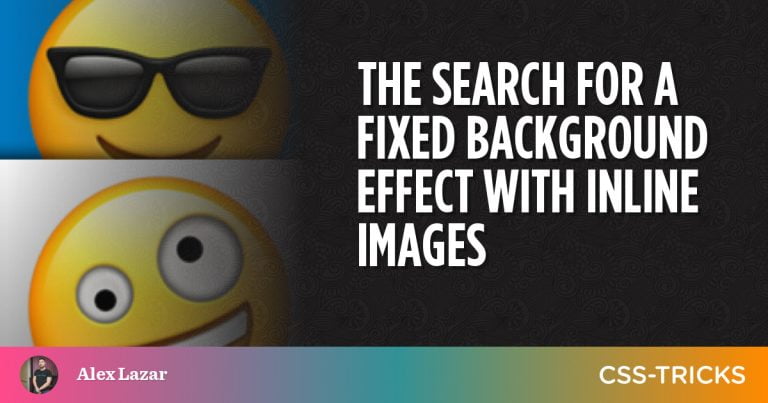Are you interested in opening a business like wholesale and retailer but don’t know which one is the best one and what would be the other criteria to choose?

However, most entrepreneur-minded individuals still aren’t well-versed in some key terms related to business models. Owing to that, you must know some basic concepts if you plan to start a venture by yourself. It will help you judge the kind of business model you can afford to manage.
With that in mind, wholesale and retailing are two vital terms used in close relation with each other. If you wish to start a business, you need to decide whether to go for a wholesale business or a retail outlet.
Also, you need to chalk out plans for other factors like land, labor, and capital. Keep in mind that the two concepts are distinctive from one another. Both models have very different criteria to meet. You need to understand where your interest lies and whether you would be willing to run such a model.
Furthermore, you need to keep a check on the capital needed. If this sounds like a lot, no worries! We are here to help you understand all of these a little more clearly. This piece will deal with the ifs and buts of difference between wholesaler and retailer business models. So, let’s dig in…
What is a Wholesale Business?
Table of Contents
The concept of wholesaling is implied from its term. It is simply selling in bulk but not to the end user. What we mean is wholesalers sell goods to other businesses which serve as retailers. They buy goods in bulk from the manufacturers.
Also, wholesalers sell goods directly to big industries that require huge numbers of the same product. For instance, construction companies will go to wholesalers to buy lumber in bulk since they will get better prices. So, it’s clear that wholesale businesses get goods from manufacturers at low prices owing to the huge quantities they buy. They buy in bulk and distribute them into smaller lots.
In a nutshell, wholesalers tend to focus more on quantity over quality. They don’t spend on advertising, promotion, or other marketing needs. However, running a wholesale business requires huge capital investment. On the flip side, the profit margins are comparatively lower than those of retailers.
So yes, there might be greater scope to make profits while selling individual pieces of the same product.
Furthermore, wholesalers have different categories. Merchant wholesalers are those who buy goods from manufacturers and sell them to retailers straight away. Some specialized wholesalers deal in some special goods. Then, some Full-service wholesalers offer complete services to retailers. Lastly, we also have limited-service wholesalers, who operate on a small scale and sell goods through specific distribution channels.
What is a Retail Business?
Retailers are only concerned with selling goods to end users. End-users (like you and I) consume them without any intention of reselling the products. Retailers buy goods in smaller lots from wholesale businesses and sell them to their customers.
So, we can say that they serve as the middlemen between wholesalers and customers. They get the goods at low prices from wholesalers and quote them at higher prices for the end users. However, the key highlight in retailing is the huge burden of overheads. These overhead costs are the reason we need to buy stuff at higher prices from a retail outlet.
Contrary to wholesaling, retailers focus extensively on their product quality. They have to ensure customer satisfaction as it will bring in repeat sales. Just take a look around your locality, there are so many shopping outlets focusing on the same. However, we as consumers, have our preferences for some particular stores only. The only reason is that they give us better customer support.
In retailing, after-sales service is one area that needs great attention. Retailers should also focus on creating a space on social media and e-commerce platforms.
Furthermore, visual merchandising is an important aspect of retailing. You must give your store an appealing look to attract customers and focus on product displays. There is a lot of competition out there and brands are constantly trying to up their game.
Also, there are convenience stores. They are mere small-scale retailers that sell necessary goods near residential areas. Next, we have departmental outlets that are a bigger version of such stores, followed by supermarkets. Specialty stores deal in specific goods. Shopping malls house various retail stores under one roof. Retail chains include exclusive stores of the same company. These are some of the most common retailing businesses.
Retail vs Wholesale: How Different are They?
Retailing and wholesaling models have separate niches and interests. To understand better, let me take you through 5 differences between wholesalers and retailers.
| Particulars | Wholesaler | Retailer |
| Type of Model | Buy from manufacturer and sell them to retailers |
Buy from wholesalers and sell them to customers |
| Price | Lower Price (Buying in bulk) | Higher prices (Buying less quantity) |
| Volume of Transactions | Higher | Lower |
| Competition | Higher | Higher |
| Investment and Running costs | High investment Low running cost |
Low investment High running cost |
Final words
If starting a business is your goal, first analyze and decide on the model you are comfortable with. While wholesale businesses demand huge investments, running a retail outlet will include too many overhead expenses. You can always rack your brains to retain your customers by creating your exclusive space in any market.
Then, check whether the funds you have will suffice. Based on your funds, you can get an idea about whether to go wholesale or retail. To be honest, we cannot judge which model is a better one for you. You can be the best one to decide that. Initially, you might struggle a bit but what’s a business venture without some challenges? So, go for it!






